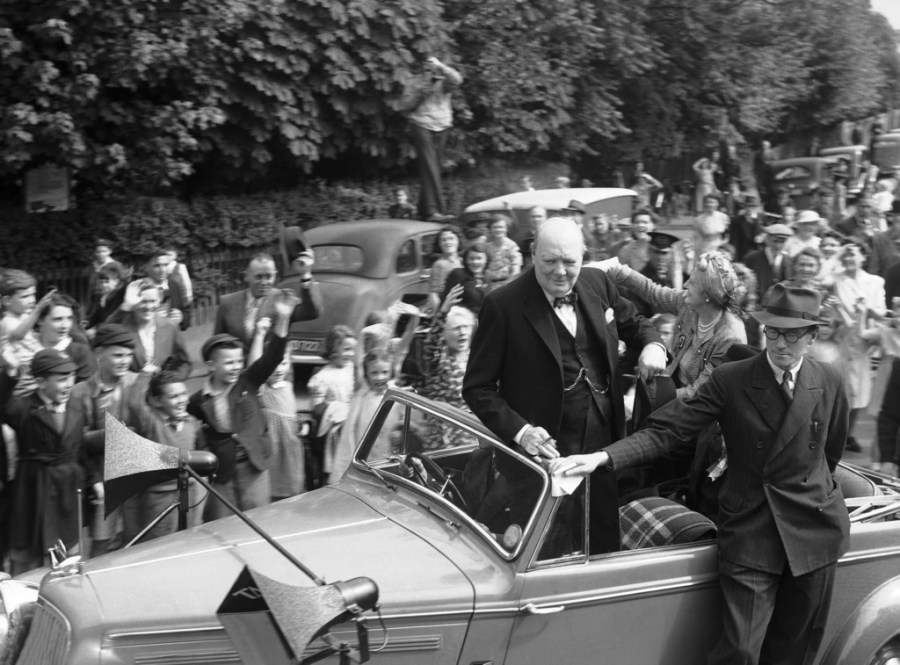
“What do you think Donald Trump would make of Winston Churchill?”
That out-of-the-blue question was asked the other day at Churchill’s home, Chartwell, outside London, where I was speaking about the former British prime minister’s relationships with Franklin Roosevelt and Dwight Eisenhower during the 1940s and 1950s.
Haltingly, with some reluctance to discuss American politics in such a historic setting, I responded that Trump prominently displayed a bust of Churchill in the Oval Office throughout his previous White House term.
Churchill’s face of bulldog, never-surrender tenacity often appeared over the president’s left shoulder in photographs and television reports. The presence of the bust certainly displayed Trump’s admiration for the United Kingdom’s wartime leader, I said, subsequently learning it will return to the president-elect’s office after the January inauguration.
Once that was settled, it seemed appropriate (to me at least) to consider the comparison from the opposite perspective. “It’s probably more important here at Chartwell,” I suggested, “to consider how Churchill might think of Mr. Trump.”
Without trying to sound pedantic, I explained that Churchill’s devotion to democracy was the lodestar of his life, and he was willing to fight for it in World War I and to lead his Nazi-threatened island in World War II.
In his own political career spanning over six decades, Churchill was a candidate in 21 parliamentary elections to gain a seat in the House of Commons. He won 16 times but lost on five other occasions.
Despite individual and party setbacks, Churchill kept returning to the democratic arena with unflagging determination. Indeed, as amusingly ironic as it might sound given Churchill’s legendary enjoyment of alcoholic beverages, he was defeated in 1922 by a temperance-movement candidate representing the Scottish Prohibition Party, Edwin Scrymgeour.
In that election, the first of three straight losses for Churchill, his campaigning was restricted by an acute case of appendicitis requiring surgery. Looking back years later, he wrote, “In the twinkling of an eye, I found myself without an office, without a seat, without a party and without an appendix.”
Win or lose, Churchill’s motto was, “Trust the people.” He always knew there would be future elections. He would stand — we Americans, more accurately, say run — and compete again.
As I pointed out at Chartwell, democracy invariably produces more losers than winners. Voters decide who will be their leaders and who will govern. The peoples’ say counts and deserves collective trust. As tactfully as possible, I questioned Trump’s allegiance to that way of thinking.
Churchill dedicated much of his nine-decade life to the sovereignty of the ballot in a free society. His unyielding commitment is well worth remembering at this time — the 150th anniversary of his entry into the world he helped shape.
Robert Schmuhl is an emeritus professor of American studies and journalism at the University of Notre Dame and the author of “Mr. Churchill in the White House: The Untold Story of a Prime Minister and Two Presidents.”












